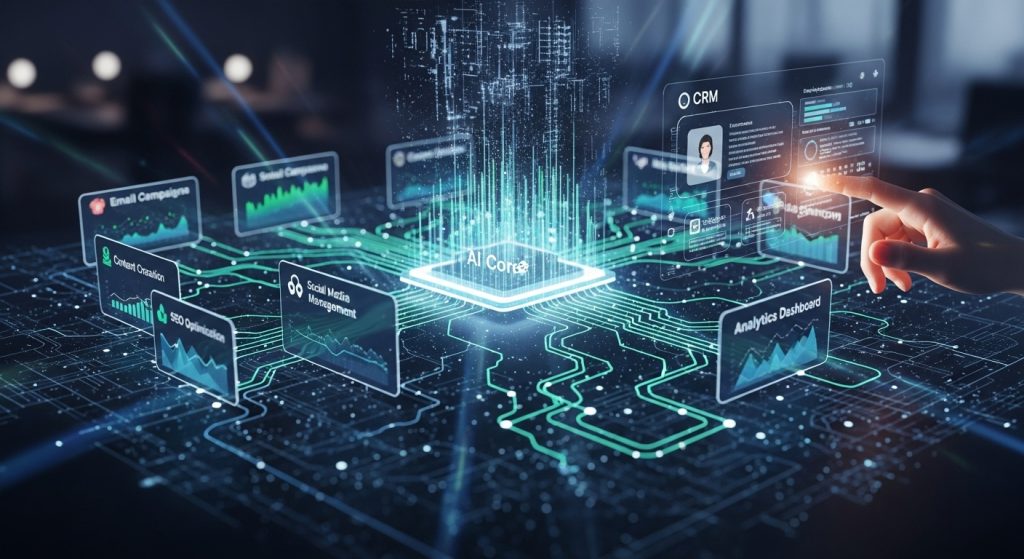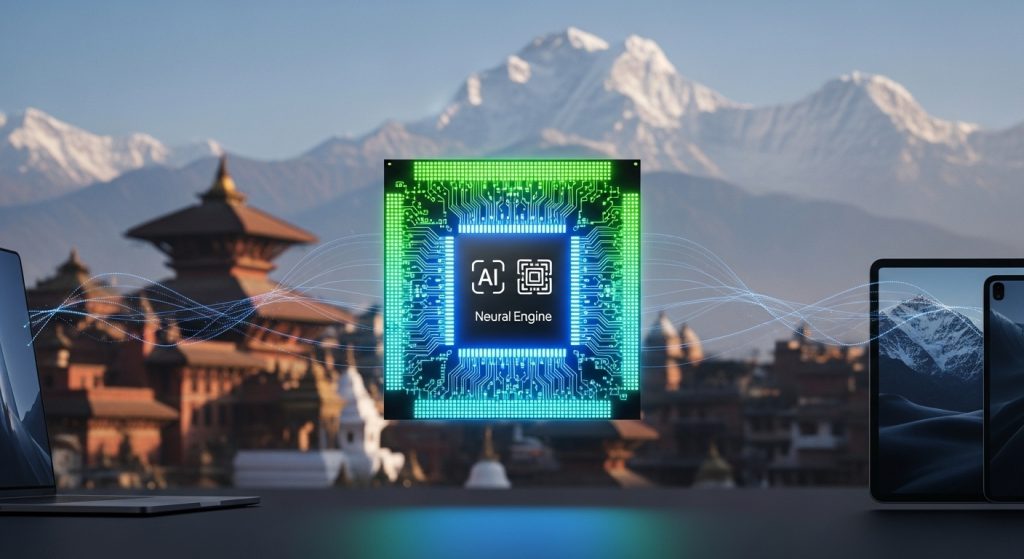Computers are becoming more intelligent each day. The AI revolution or AI transformation have made now a reality what used to appear as magic in films as now the devices that can learn, communicate, and assist us in solving various issues or problems. In 2025, artificial intelligence (AI) influences numerous aspects of our existence. The transition from simple algorithms to advanced neural networks has been astonishing. Current AI systems can recognize speech, translate languages, operate vehicles, and even produce art. They drive the digital helpers in our households, assist physicians in diagnosing illnesses, and enhance global business processes. As these technologies advance, we encounter remarkable possibilities and significant concerns regarding privacy, jobs, and human-machine interactions.
Let’s examine the development of AI, its current status, and potential future advancements.
How AI Became Intelligent Quickly
In recent years, AI has advanced significantly. Devices such as ChatGPT and other intelligent systems are now capable of writing, conversing, and responding to inquiries nearly as humans do. Computers are now able to view and comprehend images more effectively than before. AI-powered robots assist in manufacturing items in factories, aid medical professionals, etc.
What’s truly remarkable is how these abilities complement each other. Current AI can comprehend language, recognize visuals, solve issues, and communicate with us in ways that seem instinctive.
Artificial Intelligence Today
Here’s what distinguishes today’s AI:
More Individuals Can Access It: AI tools that were previously available only to large corporations are now accessible to all via user-friendly apps and websites.
Unique Tools for Various Tasks: Every industry now has its own AI assistants. Physicians utilize AI to detect diseases in imaging. Financial institutions utilize it to detect fraudulent activities. Attorneys utilize it to quickly sift through numerous documents.
AI That Achieves Goals: The latest AI can organize and perform tasks independently, ranging from conducting research to creating art or writing content.
Collaboration Between People and AI: Optimal outcomes occur when individuals and AI collaborate, with each performing their strengths or doing their bests.
What Follows Next
As we look forward, we can see several big changes coming through AI revolution:
Employment and Finances
Artificial intelligence is transforming our work processes. Certain jobs may disappear, but new ones will emerge—similar to what has happened with every major invention throughout history. The remaining jobs will evolve. Machines will handle the boring, repetitive tasks, allowing humans to concentrate on creativity, making difficult decisions, and collaborating with others.
Major Questions to Address
As AI becomes increasingly powerful, we must determine several critical issues. Who ought to oversee the most intelligent AI? How can we ensure its safety? What guidelines should it adhere to? Our responses will influence not only technology but our entire environment.
What Makes Us Human
As machines acquire the ability to perform tasks we believed only humans were capable of – such as writing narratives or tackling intricate issues – we need to reflect on what distinguishes us. Many think it’s our capacity to show compassion for others, discern right from wrong, and establish profound bonds.
Discovering Our Path Ahead
The future with AI isn’t predetermined. It relies on the decisions we take today regarding how we create and utilize these tools. Here are a few important concepts to keep in mind:
1. Individuals ought to remain in control of even the most intelligent machines.
2. AI should be advantageous for all, not solely for a select group.
3. Create AI that collaborates with individuals instead of substituting them.
Concluding Remarks
AI represents one of the most significant transformations in human history. It will affect nearly everything we engage in. The story is still unfolding, and each of us has a voice in its outcome. What truly matters isn’t the technology alone, but our approach to utilizing it – addressing significant issues, supporting one another, and creating a better world for all.
📚 For more insights, check out our complete web development guide.


